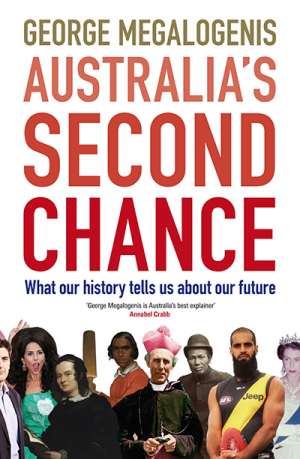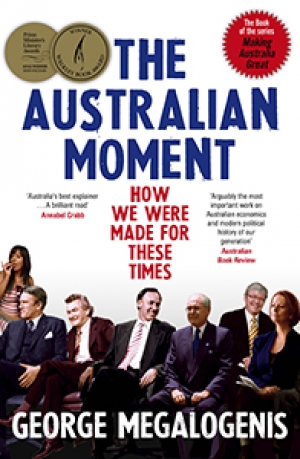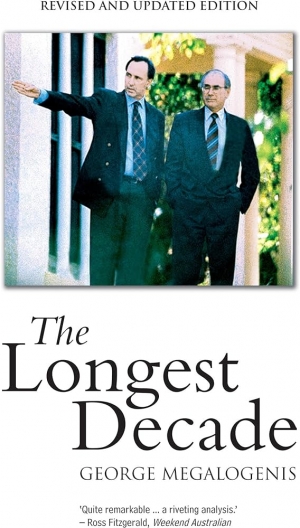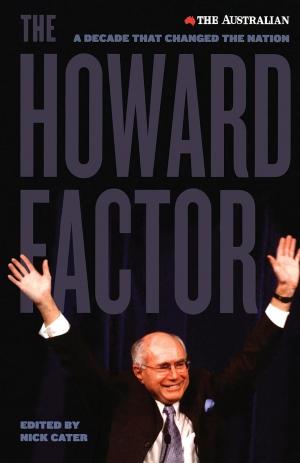George Megalogenis
Letters to the Editor - August 2016
Tuesday, 26 July 2016Dear Editor, Mark Triffitt's review of George Megalogenis's Australia's Second Chance: What our history tells us about our future and Balancing Act (May 2016) left me ...
... (read more)Compared to the epic narratives of America and Europe, our story can seem rather unglamorous. Australia's 'tyranny of distance' from the seismic events of world history induces a vague sense that Australians labour under a certain tyranny of irrelevance. Perhaps we don't look hard enough to appreciate what is unique about our past. Or is is that our innate sense of ...
Writing is the best excuse I've found to play music all day. And to understand my country.
... (read more)Matthew Lamb reviews 'The Australian Moment: How We Were Made for These Times' by George Megalogenis
In The Australian Moment: How We Were Made for These Times, George Megalogenis tries to explain how, in spite of ourselves, we managed to survive the last three ‘super crashes of the digital age’. He does so by actively avoiding the usual partisan morality tales, complete with intra-party rivalry ...
... (read more)Joel Deane reviews 'Trivial Pursuit (Quarterly Essay 40)' by George Megalogenis and 'The Party Thieves' by Barrie Cassidy
Political writers are much like their sports-writing cousins. Most simply tell it as they see it, recounting the highs and lows of the game, the winners and losers, the statistics and scoreline. Some – courtesy of a flair for language, a well-stocked contacts book, or the perspective that comes from being a former player or a veteran observer ...
... (read more)In a recent column in the Australian, George Megalogenis looked back to Arthur Fadden’s budget of 1952 as a possible comparison with the current financial situation. Few political scientists, let alone journalists, display this sort of historical memory. In 2006, Megalogenis published The Longest Decade, an account of the combined years of Paul Keating and Howard, based upon extensive interviews with the two leaders. The book was reviewed in ABR by Neal Blewett (November 2006), who regarded the book as a useful ‘bullshit detector’ on his newspaper colleagues, whose political journalism appeared in The Howard Factor that same year.
... (read more)Neal Blewett reviews ‘The Howard Factor: A decade that transformed the nation’ edited by Nick Carter and ‘The Longest Decade’ by George Megalogenis
The provenance of The Howard Factor – a collection of essays by senior writers from The Australian newspaper – is not promising. The Australian is after all part of Mark Latham’s ‘Evil Empire’, cheerleader rather than critic of the Howard government. Yet its sympathy for the régime stems not from partisanship but from the newspaper’s philosophy: neo-liberal in domestic matters, neo-conservative in foreign policy. Populist desertion of elements of the neo-liberal agenda has aroused the wrath of the newspaper: witness its condemnation of the government’s policy funk in early 2001, and of its recent surrender to Snowy River romanticism. Discord has been less in foreign policy, where both government and newspaper have been willing recruits to the ‘war on terror’. So slavish has become the newspaper’s adherence to America’s contemporary wars that it has even repudiated its quite heroic stance on the Vietnam War a generation ago.
... (read more)




